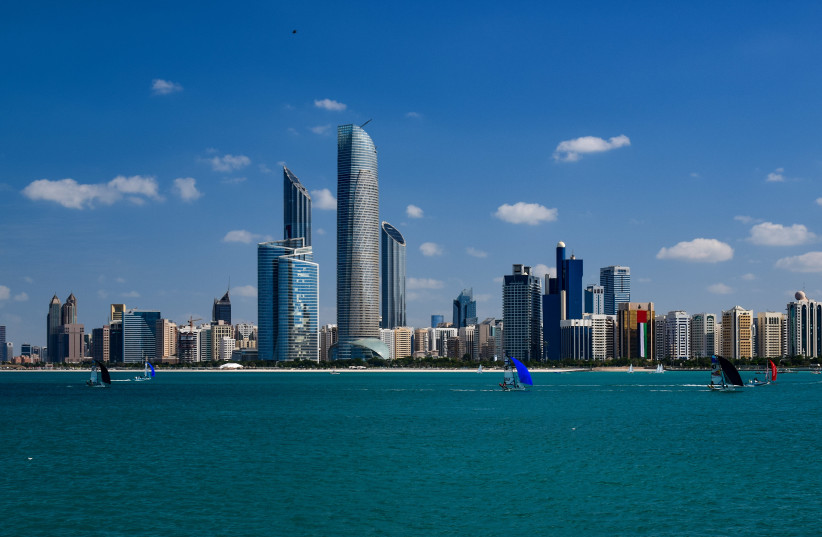The idea of opening the Abrahamic Family House in the United Arab Emirates (UAE) has sent a new and crucial signal that it is possible to alter some of the doomsday predictions of the “clash of civilizations” scenario.
Furthermore, it is proof that the Middle East is witnessing an incredible shift in its modern history.
Finding a middle ground of understanding between religions
Having the Abrahamic Family House as a collection of three religious spaces (a mosque, a church, and a synagogue) in the UAE, which embraces people from over 200 nations, represents a message to the international community that achieving peace requires efforts that can be translated into such projects. Collaboration against extremism, which may lead to terrorism, is a fundamental pillar in any plan to spread peace and security.
The September 11 attacks and the waves of terrorism around the globe since 2011 have shown that the first approach to tackling religious extremism begins with finding a middle ground of understanding between all the major religions.
This was the main vision of the Abrahamic Family House, designed by Sir David Adjaye. He was announced as the winner of the competition for the design of the house on September 20, 2019, in New York City.

The idea behind the Abrahamic Family House's design
The idea behind the Abrahamic Family House is not confined to the Abrahamic religions (i.e., Islam, Judaism, and Christianity) - it extends beyond them, delivering the message that tolerance can be achieved with a common religious understanding. It is a powerful platform to prove to those who utilize religion to spread hate, separation, and eventually terrorism, that religions can be means of spreading peace and stability.
Having a mosque, a church, and a synagogue in one place signals the notion of “us,” not “you,” reflecting the idea of humanity and the right to coexist.
With all the transformations that humanity is witnessing in terms of technology and lifestyles, it has become clear that building on what humanity has achieved thus far requires us to establish a solid ground of cooperation that starts with tolerance before anything else.
Consequently, in the future, tolerance will lead to a generation whose members accept each other regardless of religious background, ethnicity, or nationality, enabling humanity to go further with the acceleration of developments in all fields.
There is no doubt that the burning of the Koran in Sweden has led to resentment from Muslims all around the world. Similarly, the terrorist attack on a synagogue in Jerusalem was a shock that infuriated Jews all over the globe. The question that must be asked, then, is: Do those individuals represent all the believers of their faith?
Of course, the answer is a resounding “no.”
Having three holy houses represent the three Abrahamic religions helps bring people from these three faiths to one place. At the same time, it provides the opportunity for other religions to witness the viability of religions collaborating to achieve peace and stability. This will open up the way for a common understanding and new approaches to dealing with ongoing international crises.
The idea of opening this house has sent a new and crucial signal that it is possible to alleviate prejudices associated with the “clash of civilizations” scenario and to construct a future based on cooperation and co-existence for the sake of humanity and future generations.
It is based on the premise that finding a common ground that brings together people from different faiths will ultimately accomplish the precious goals of humanity, which are peace, prosperity, and happiness.
The writer is a senior researcher in Israel Affairs at TRENDS Research and Advisory.
